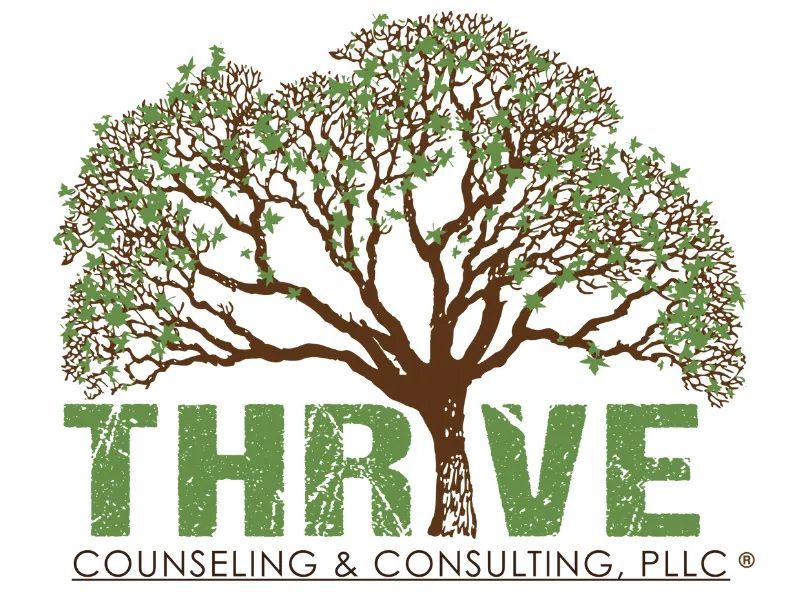Recognizing the Signs of PTSD in Loved Ones
Post-Traumatic Stress Disorder (PTSD) is a difficult medical condition; it is a mental disorder that arises due to trauma in the patient’s past. It can be caused by all kinds of things, such as getting in a car accident or witnessing a violent crime. Victims of PTSD can have dramatic effects on a person’s life: he or she may be vulnerable to certain triggers that cause them to relive the traumatic event, such as specific sounds and smells. He or she may experience bad dreams or flashbacks as well. In severe cases, someone with PTSD will have repeated, involuntary, vivid memories of the event. These experiences can be just as difficult as the initial trauma and may even contribute to a worsening of the condition.
PTSD can have devastating effects on the relationships in a person’s life. If a family member, friend, or coworker experiences a difficult event, it can help to recognize the symptoms of PTSD so you can encourage quick intervention.
Angry Outbursts
Someone suffering from PTSD may be prone to sudden outbursts of anger, sadness, or agitation. This makes sense, as frequent feelings of irritability or being on edge are among the symptoms of PTSD. If someone you love is losing control and lashing out in anger more often than before, this could be a sign of emotional suffering that might require treatment.
Withdrawal from Social Contacts
Dealing with trauma can be difficult; many people respond by distancing themselves from people and situations that remind them of their trauma. As the victim’s condition progresses, he or she might continue to isolate themselves from friends and family member.
Substance Abuse
It’s fairly common for people with PTSD to self-medicate. In these cases, they may turn to drugs or alcohol. Unfortunately, part of the problem with substance abuse is the increasing need of the drug to produce the same high. If left untreated, the substance abuse can turn to addiction and eventually dependence. This can have escalating effects on every facet of a person’s life.
Reach Out to Us Today!
If you have a loved one showing signs of PTSD, the most important thing to do is to make sure they know you’re there to support them. A loving and welcome presence can encourage the patient to seek help. Thrive Counseling & Consulting, PLLC offers comprehensive and compassionate treatment for PTSD symptoms. Reach out to us today to learn more.











